1. "... advocates of the progressive viewpoint believe that people are naturally exploring, inquiring entities. When faced with an obstacle, they will try to find a way to overcome it When faced with a question, they will try to find an answer" (Ryan 302).
2. Role of Education
2.1. Purpose of Education
2.1.1. To develop student problem-solving ability
2.1.1.1. To prepare students for their future societal roles
2.2. Teacher Role
2.2.1. Be a facilitator vs. taskmaster
2.2.1.1. Intellectual guide
2.3. Student Role
2.3.1. Innovaitive
2.3.1.1. Resourcful
2.3.1.1.1. Willing collaborators
3. Teach What?
3.1. Subject: English
3.2. Student Goals
3.2.1. For students to learn how to effectively collaborate with peers in order to prepare them to actively and effectively contribute within a democratic society.
4. Teach who?
4.1. High School adolescents
4.2. Why special?
4.2.1. There is so much potential in young adolescents that goes unnoticed, many times even by the adolescents themselves. High school students' are at a crucial development stage in their lives. It is during this stage in life that adolescents begin to ponder more deeply and concretely about the myriad of things they could do and people they could be in the world. Students at this stage in life are eager to learn more about the mysteries of the world. All they need is someone to spark their interest, if even just slightly, to uncover the myriad of talents and intellectual capacities they hold.
4.3. Learning Beliefs
4.3.1. Students learn through activities and lessons tailored to their interests
4.3.1.1. Students can learn more within academic settings that promote democracy
4.3.1.1.1. Project based learning
5. Teach How?
5.1. Curriculum
5.1.1. Focus on how to think
5.1.1.1. Teach regular subject matter in unique ways that allow students to use what they know and implement it to solve real life problems.
5.2. Instructional Strategies
5.2.1. Diverse teaching methods, tailored to fit the views of an ever-changing flux of societal needs
5.2.1.1. Encourage collaborative sprit and positive group dynamic
5.2.1.1.1. Assign projects that allow students to research their own interests.
5.3. Assessment
5.3.1. Assess student knowledge through a variety of formal and summative assessments. (i.e. formative- class discussions, quick-writes,; summative- engaging group/individual projects, essays/exams, etc. )
